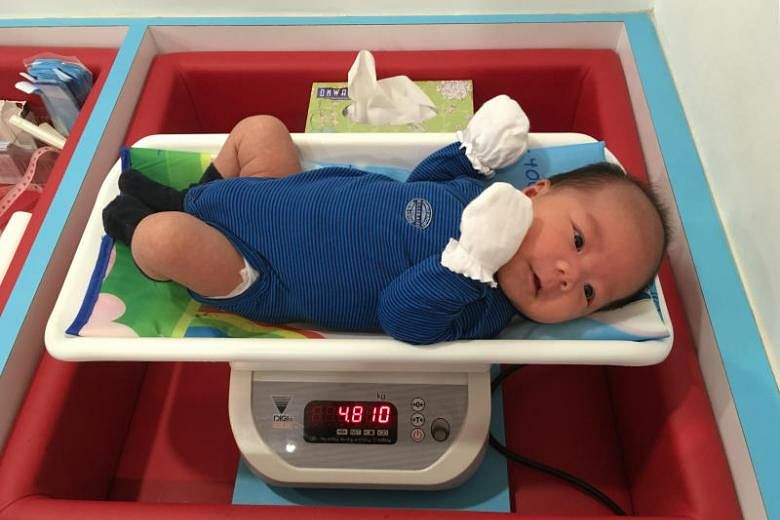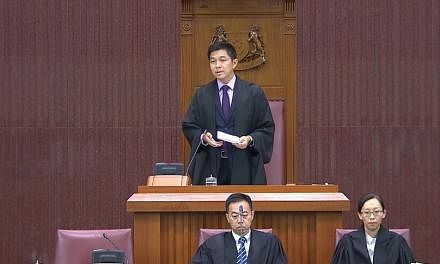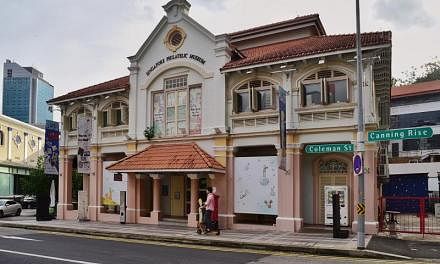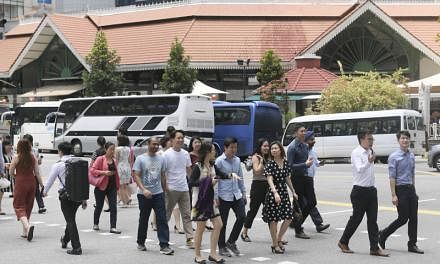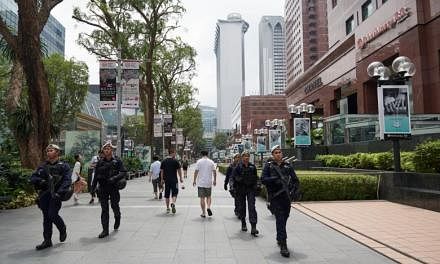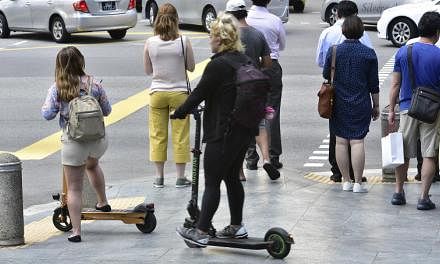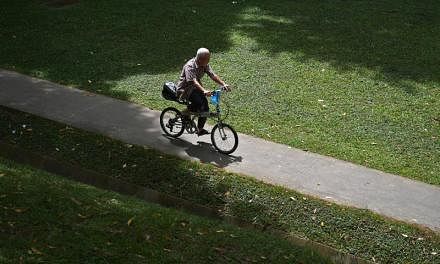SINGAPORE - Efforts to improve Singapore's total fertility rate in the past five years have been significant, but may take more time to bear fruit, said Manpower Minister Josephine Teo, who oversees population affairs.
Meanwhile, an optimistic picture is emerging.
Mrs Teo told Parliament on Thursday (Feb 28) that the average number of Singaporean babies born in the past five years is higher than that of previous five-year periods. Recent marriage numbers have also remained high.
"Given the positive marriage trends, I remain hopeful that there could be an uptick in the total fertility rate when the children of the baby boomers start having babies themselves," she said.
Mrs Teo was speaking in the debate on the budget for the Prime Minister's Office (PMO). The National Population and Talent Division (NPTD), which coordinates and formulates government policies on population and talent, comes under the PMO's Strategy Group.
Between 2014 and 2018, an average of 33,000 Singaporean babies were born each year. The corresponding figures for the two preceding five-year periods were 31,400 and 32,000, she said.
She also said Singapore's total fertility rate dipped from 1.16 in 2017 to 1.14 last year, probably because young people are taking longer to find the right partner and are starting families later. For the population to replace itself without immigration, women need to have an average of 2.1 babies.
Given this trend of later marriages and births, the Government will review its assistance for couples who struggle to conceive and want to undergo assisted reproduction technology treatments, she said.
Mrs Teo also said various measures are in place to help parents get better work-life balance, and that more workplaces now support flexible work arrangements.
But often "deeper issues of workplace culture" result in Singaporeans working long hours with little time left for dating or family life.
"As the nature of work evolves, there is value for organisations to adopt new ways of working, that achieve good business outcomes while giving staff enough downtime to recharge," she said.
Mrs Teo said the NPTD will launch a consultation process in the next few months to learn more about Singaporeans' needs and concerns when forming families.
In her speech, she also underscored how the Government remains "highly selective" in granting permanent residencies and citizenships, which is part of its population management strategy.
Apart from looking at applicants' age, family profile and economic contributions, the Government also considers their ability to integrate.
"We look for markers of rootedness and identification with Singapore's way of life, values and norms," she said, adding that the Government will continue to maintain a careful balance when managing immigration.
